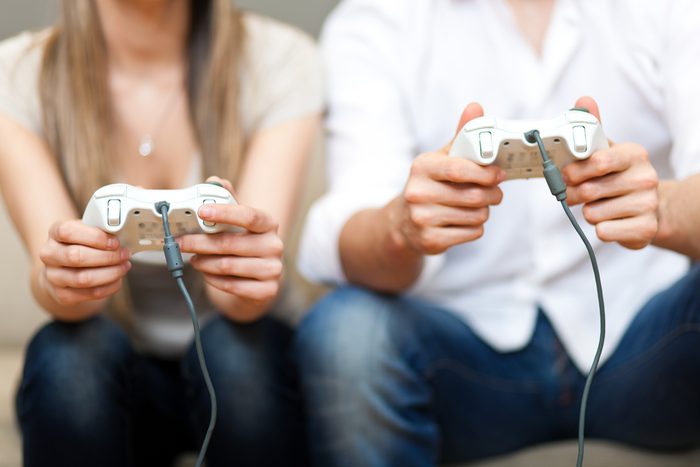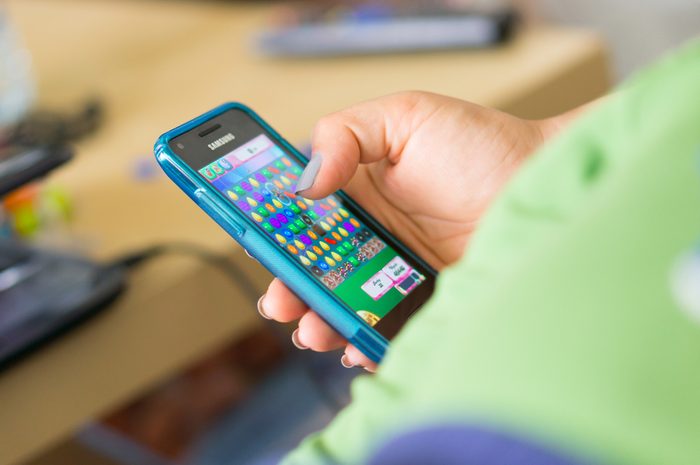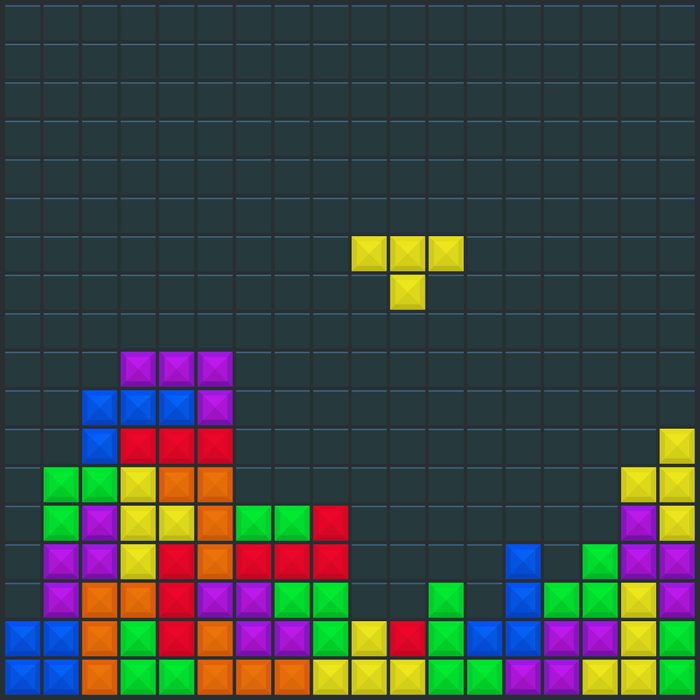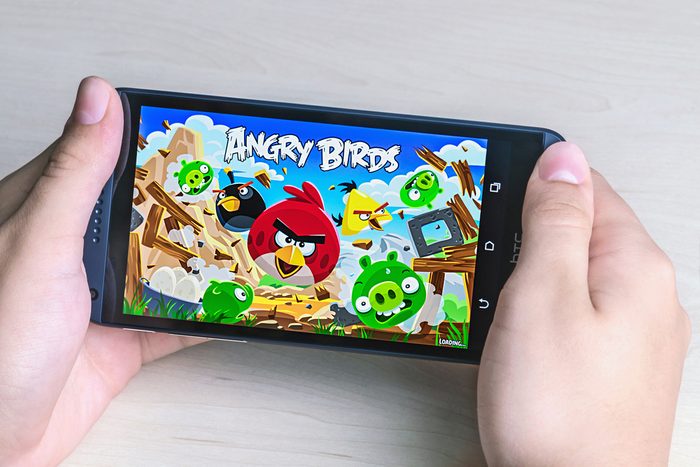The Health Benefits of Video Games
If you hear the term “gamer” and think of a pimply-faced teenager locked in his bedroom, glued to a screen, you’re in for a shock. “The average age of a game player is 43, and up to 48 percent of those who play are women,” says Dr. Jane McGonigal, PhD, gamer and game creator. The teen archetype holds true, she says, but there’s more to video games than many non-gamers think, including tremendous health benefits.
Dr. McGonigal came up with the concept of “living gamefully” in 2009, when she was having difficulty recovering from a brain injury. The idea is that when times are tough, doing what you do in a game – finding allies, powering up, beating the bad guys – can be a powerful coping mechanism that initiates growth and healing. The strategy, called SuperBetter, became a New York Times bestselling book and app and has helped nearly half a million people achieve personal growth and face challenges like depression and chronic pain by increasing their mental resilience.
Even some of the most popular video games can be good for your health. Here’s how.
Crush Cravings with Candy Crush Saga
Whether you’re trying to quit smoking or nix a sugar habit, playing a pattern-matching game when you get a hankering can stop temptation in its tracks. Playing Candy Crush Saga or Bejeweled for a few minutes will preoccupy the visual imagination part of your brain, so you literally can’t picture that thing you’re craving, says McGonigal. “It reduces cravings by 25 percent, which studies have shown to be just enough of a willpower boost to make smarter eating choices or not pick up that cigarette.”
Tackle PTSD with Tetris
According to a series of studies from Oxford University, playing Tetris within a few hours of a traumatic event can help prevent flashbacks, the most painful and tricky-to-treat symptom of PTSD. Because the game is so visually absorbing, it prevents the brain from forming long-term visual memories of the trauma. “It’s a technique that could help anyone dealing with trauma ranging from a workplace accident to the death of a pet,” says McGonigal.
Get Zen with Angry Birds
“Researchers have found that games that require a lot of instant participation create the same blood flow patterns in your brain as meditation,” says McGonigal. That means that playing Angry Birds for a few minutes after a stressful meeting really is helping you to relax and refocus. “For ongoing benefits, you could play for 20 to 30 minutes three times a week as part of a stress-management strategy,” she says.
Related:
• 9 Simple Daily Tasks to Boost Your Memory
• How the MIND Diet Can Reduce Your Risk of Alzheimer’s Disease
• The Best Exercise for Your Brain




